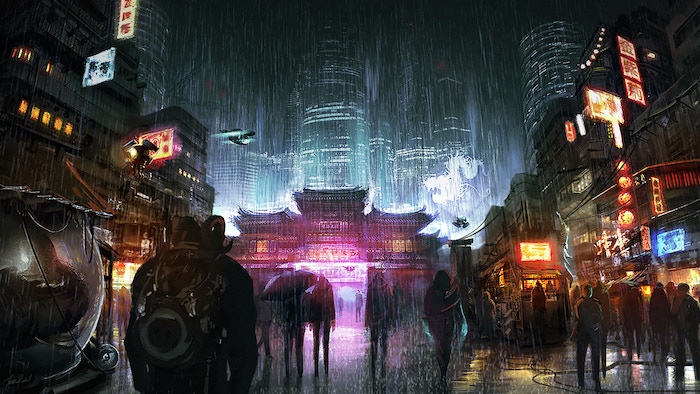What about those on the periphery, with minimal protection from the state both before and after the fall? For them, the only real difference was the tax collector stopped showing up.
Please don’t take this as analogous to the modern day in any way. A modern village/town will break down rapidly without access to modern logistics, which was not the case then.


















Honest question: are eggs going to be affected? Corn feed for chickens is mainly domestic, there’s a lot of US factory farms. I’d expect tarrifs to primarily hurt foodstuffs that are heavily mported, like avocadoes, bananas, grapes, tomatoes, cucumbers, bell peppers, etc.